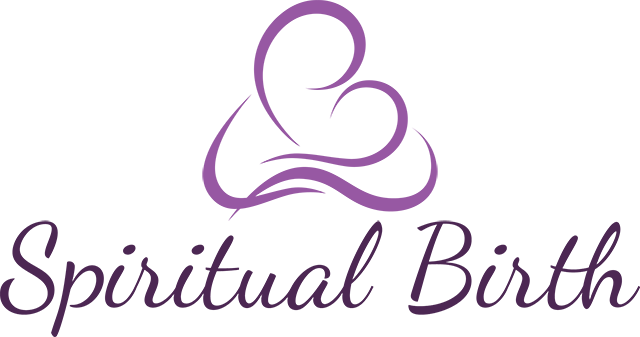‘Birth in South Africa’ was one of my presentations at the Damanhur Birth Summit. I presented a workshop on traditions of the ancient Khoisan and San Bushmen transcendent ways of approaching a birth, but this I will talk about later.
Firstly I’d like to delineate the birthing situation in South Africa. We have two systems, namely the Public Health System and the Private Health System.
The Public Health system serves the greater public who most likely do not have any sort of medical insurance. The sound methods of treating and assisting women are predominantly evidence-based, yet the hospitals are understaffed and over full. This means that women may feel and be treated like they are on a birthing conveyor belt. Tired staff and overworked doctors mean that mothers are not given the personal and emotional attention they deserve and opportunities for creating a sacred space for a woman to give birth are neglected.
The Private Health Care System serves the people who are able to pay the high costs of medical insurance. These people have one-on-one care and facilities are really good, with comfortable and private birthing rooms and a medical team of specialists on call should they be needed. While this can be an absolute boon, it does not always work in favour of birthing women who need time and trust for labour to proceed without intervention. Doctors in this system may be afraid of litigation and the tendency is to intervene in labour before it may be necessary, with the result that caesarian rates in private hospitals in South Africa are among the highest in the world (65%-90%).
Natural Birth Independent Midwives work across both systems, liaising with medical doctors and obstetricians in both private and public health care systems. Our scope of practice is to assist the healthy woman with a normal healthy labour and birth and to refer or consult should a woman deviate from the ‘normal’. We offer assistance at homebirths, hospital births, waterbirths, gentle births and even assist at caesarian sections. Most of all, we try to respect the process a mother and her family have chosen and empower both parents to achieve the highest possible level of transcendence that can be achieved during birth, by remaining conscious of our spiritual and physical responsibility to serve.

Hi Marianne
I briefly chatted to you this afternoon regarding a VBAC, thank you for the encouragement…..will definately do my homework and be as informed as possible. I am now more determined to have a chance at a trial of labour, hopefully you will be around for my next pregnancy.
Regards,
Kashiefa
Hi there, I have just read your site details at domainmeter.com Do you have any kind of affiliation with different internet sites¿
Hi Clarissa, not sure what you mean?
Marianne
I am the first time on this site and am really enthusiastic about and so many good articles. I think it’s just very good.
Always yours Mr. Cialis
Hi Cialis Generic, Thank you for checking out my page…Hope to see you back for more..
Hi Marianne,
How are you?
Although I mist your workshop during the summit. I would love to hear more about how the Khoisan and San Bushmen approach birth. Have you written an article on this perhaps?
Love Hester
Dear Hester, I am doing research and will write an article on the birth traditions of various groups, including the San Bushmen tribes.
The most telling fact known about San women at birth is that they generally deliver with relative ease, often on their own in the bush, or with a female relative. There is no great fanfare and the newborn is welcomed into the group without question. The mother will continue with her duties within a day or two after giving birth. The most important ritual is the trance dance, usually performed when someone is ill, when there is a drought, or when there is a need to contact the ancestors and the Great Spirit. Women will gather around the fire and perform their own dances and sharing for rites of passage, such as the first menstruation. So the clapping, music and dances are part of the welcome a baby receives in the community and these social events are integrated into their lifestyle.
A Blessingway for a pregnant woman is a way of recognising the significance of the soul she is bringing to the community and emphasizes a pregnant woman’s importance in that community. This gives her courage for the act of birth and lets her know she is not alone. Unfortunately, women in western cities and hospitals are so often alone and feel abandoned to the system. This does not help them produce the right hormones and neurochemicals for birth and breastfeeding and means that early parenting a very difficult lonely affair for many women, lacking in encouragement and devoid of spiritual content for the mother!
Ths San people are so bonded to their natural surroundings and the elements that even when they are alone in nature, they are not alone, and help or acceptance from the the community or group they belong to is close by.
Sorry you missed the workshop. It was fun and too short!
Love to you and I will post the article when it is done.
Marianne